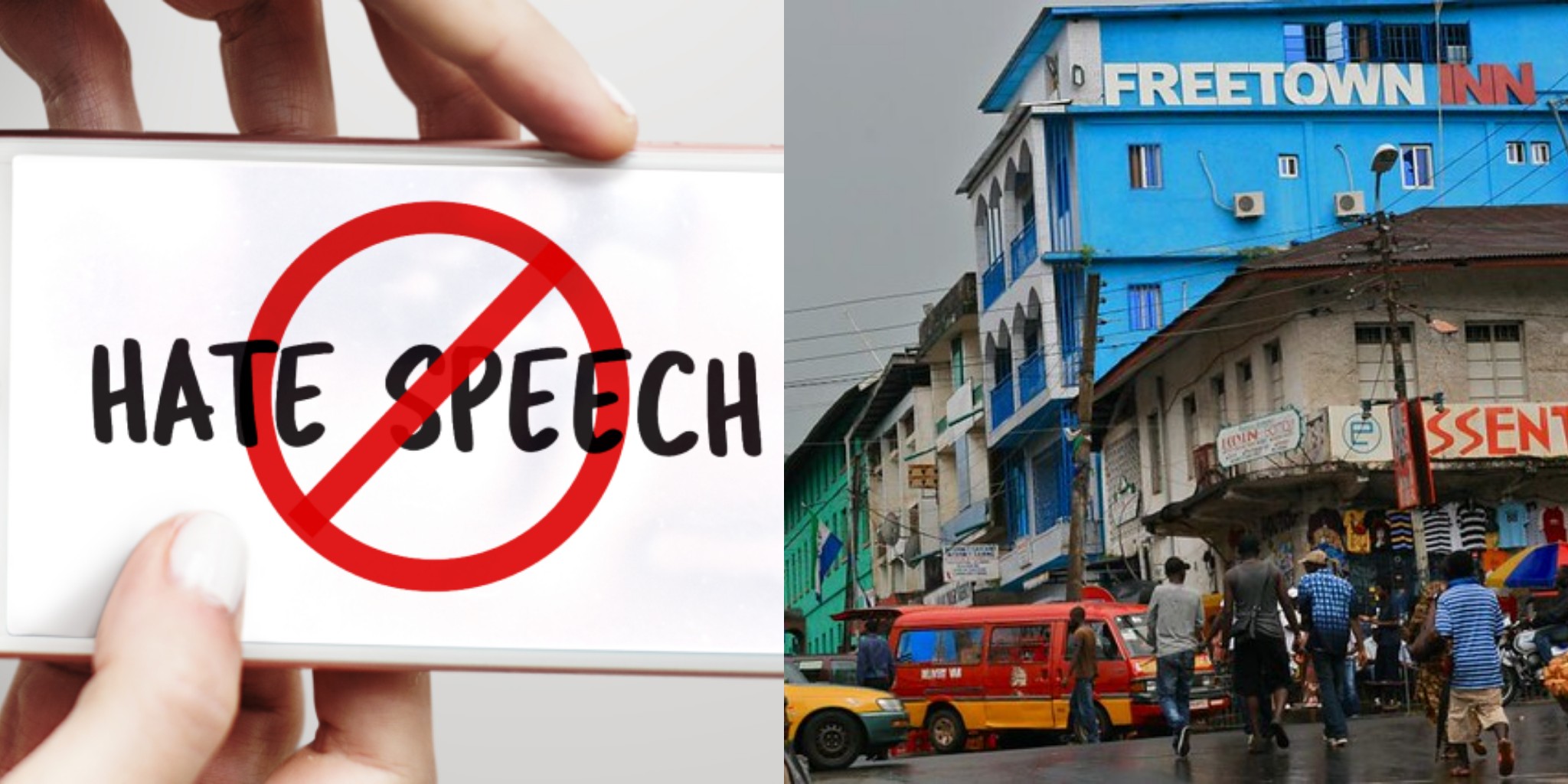A report by the Institute for Governance Reform (IGR) through the support of the Irish Aid has revealed that the most prevalent source of hate speech in Sierra Leone is social media, followed by radio and political party meetings.
The research, which was undertaken between July and August this year, was presented yesterday October 4th at the Office of the National Security (ONS) in Freetown.
According to officials, IGR collected citizens’ perceptions of hate speech generally which results into violence, as part of efforts to understand potential hotspots on issues during the 2023 elections in Sierra Leone.
According to the report, among their various respondents, 58% said they had heard hate speech on social media, 20% on the radio, while 10% mentioned political party meetings and more men (36%) than women (30%) said they had heard of hate speech.
The report also showed that more people (63%) had heard hate speech directed against ethnic groups or regions than people (33%) who said they had not. 61% revealed that they have heard hate speech against an individual whilst 35% had not.
All of these were heard from social media, according to the report.
The ONS had already done a threat assessment which is one of the drivers of the research and IGR has worked with other bodies such as the Electoral Commission Sierra Leone (ECSL), ONS, and Political Parties Registration Commission (PPRC), according to the Executive Director of IGR, Andrew Lavalie.
He said the institution and the Center for Accountability and the Rule of Law (CARL) took up this research but that CARL is currently working on the legal aspect to see how best the justice system is incorporated.
Lavalie stated that when the coronavirus pandemic broke out there were concerns or worries as to whether the disease would disrupt governance and electoral processes.
According to Lavalie, the report shows an internal reflection of Ministries, Departments, and Agencies (MDAs) of which some responded that they were not performing as the survey was put forward to them.
The Chief Electoral Commissioner for ECSL, Mohamed Konneh, said the high level of access to social media compared to the other channels in especially the urban part of the capital, shows the need for a national reflection.
“If those direct beneficiaries of what we build over the years in relation to bye-election rated us as much as 78%, then I can say, and I am sure, the entire Sierra Leonean populace will accredit us and we will be using the same approach to conducting the 2023 elections,” the commissioner assured.
“So the report is a good reminder for us to continue doing what we have done with regard to the bye-election and to continue doing what the laws and regulations have been provided or laid for us to follow in conducting elections,” he added.
This kind of research has been a key part of preparedness for the national elections, said the Irish Ambassador, Claire Buckley.
Beckley said: “It is really important to us that these contributions ensured that engagements and discussions and key electoral activities and progress are informed by data rather than influence.”
She acknowledged that the research findings showed that violence is a “common occurrence” in Sierra Leone and that women are the most affected.
“This indicates that all of us as stakeholders must work harder to ensure that the elections in 2023 are violence-free,” she urged.











